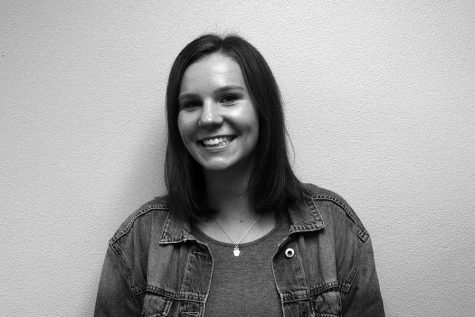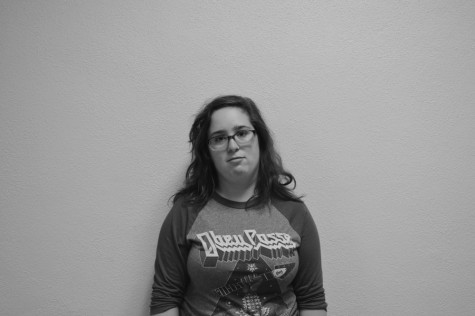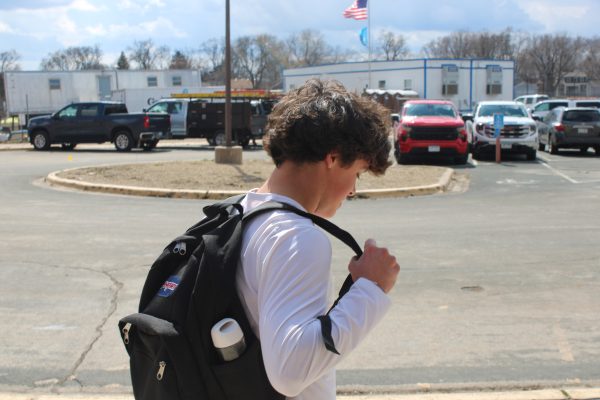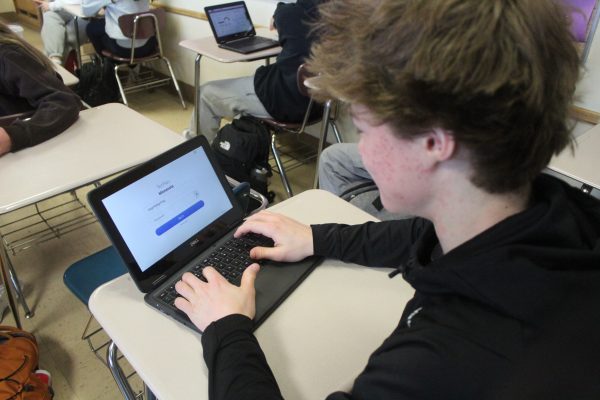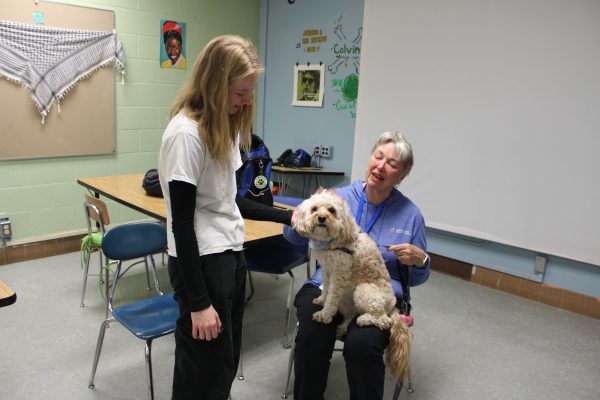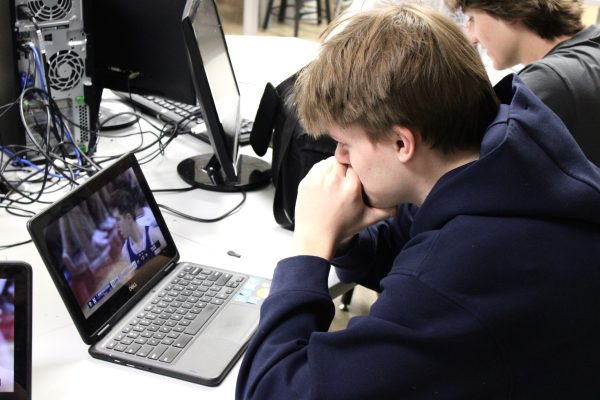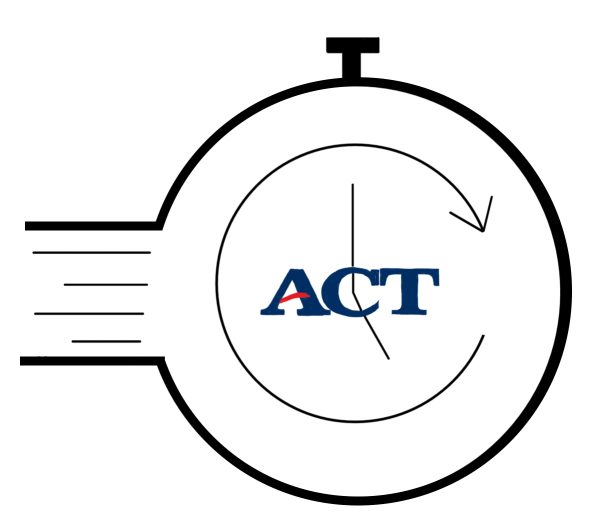Seniors choose gap year options
Graduates search for transitions, opportunity to mature

Used with written permission from the International Volunteer HQ
A student volunteers in Fiji through the International Volunteer HQ. Senior Ian Juaire will be participating in the same gap year volunteer program to Fiji and South Africa.
May 24, 2017
When senior Felix Hengel was considering taking a gap year in Switzerland, he said he thought about his brothers’ decisions and the benefits of a gap year.
“A gap year is something that both of my brothers wish they would have done,” Hengel said. “I wanted to take advantage of the opportunity they regret not taking.”
According to Career and College Coordinator Kara Mueller, gap years offer a wide variety of options and programs.
“A gap year can be anything as specific as you totally staying local and working full time for a job,” Mueller said. “It could be that you volunteer full time for an organization, (or) that you actually pay for a gap year that places you in paid internships.”
According to senior Abby Bremner, she looks forward to taking a gap year because she will be facing unfamiliar situations, allowing her to interact with new people.
“I really don’t know what to expect, and I like that and (a gap year is) just something completely different from anything I’m used to,” Bremner said. “All the new people I’ll meet and the experiences (are new).”
Hengel said he will take a gap year to transition between high school and college and hopes it will help his mentality.
“I want to have a year to get out of my high school mindset and open my mind before I make any more life decisions,” Hengel said. “I will be able to spend more time with the other half of my family and reconnect with some of my roots.”
According to Bremner, a gap year program intrigued her more than following the traditional route of attending college.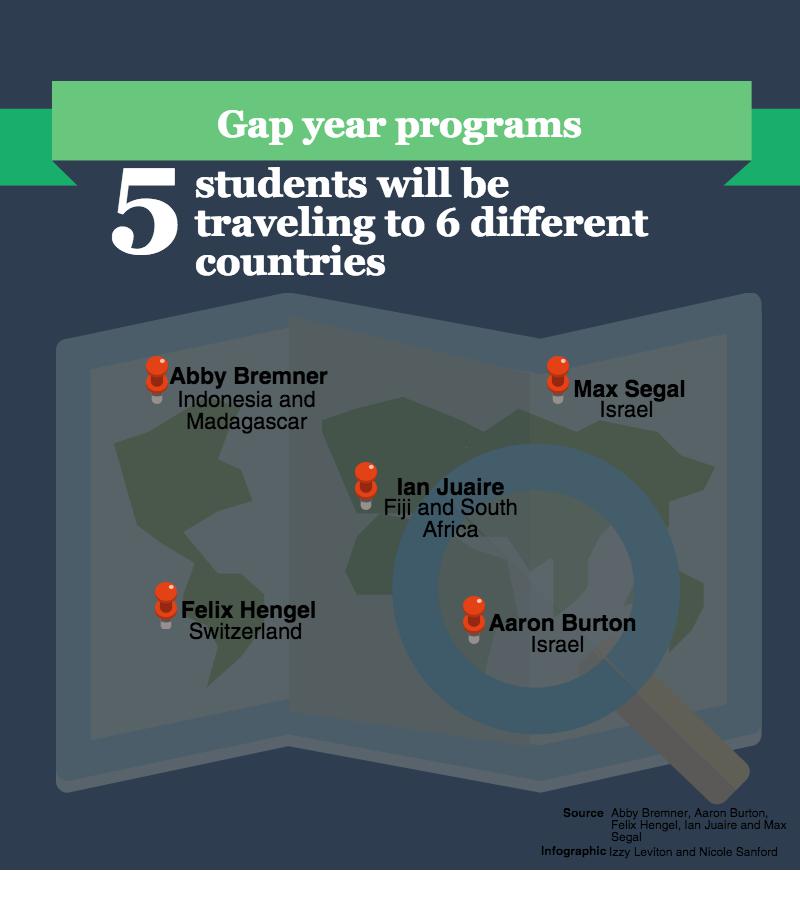
“I was a lot more excited about the idea (of a gap year) than any of my college choices at the moment,” Bremner said. “I figured now’s a good time to do it, to refocus and then be able to go back to college knowing what I want to do.”
Mueller said gap years give students the opportunity to evaluate their goals, but removes students from an academic setting during that time.
“Advantages to taking a gap year (could be) some time to build on your maturity, maybe some time to put into perspective of your overarching goal is for what you want to do with your career,” Mueller said. “Some of the disadvantages (of taking a gap year) are it takes you out of an educational scene for a year, so you’re not in school on a regular basis (and) financially it can be a burden.”
According to senior Ian Juaire, his gap year program through International Volunteer HQ is a platform for a new mindset.
“More people should take gap years because I think we take way too many things for granted and I think people need a new perspective on how we should live life,” Juaire said. “I feel like the skills you learn, the relationships that you make and all of the experience that you get from being in a new country doing things you love to do, (are) a once in a lifetime experience.”
Mueller said gap years require the same amount of planning as a traditional college application process.
“You have to plan (gap years), especially if you’re doing any programs where (there’s) an application process. (Gap year applications are) just like applying to college and the same thing for the financial aid piece of it,” Mueller said. “You have to have the reason you’re doing it and then plan yourself out.”
According to Juaire, the gap year application process was similar to college applications, however he received a response from the program sooner than most students applying to college.
“You apply for (the gap year program) just like you apply for college and they got back to me within three days saying, ‘hey, you made it,’” Juaire said. “(The application) was simple questions like, ‘why do you want to take a gap year?’ (and) ‘what are you trying to get out of it?’”
Mueller said gap years provide students with skills not otherwise acquired in an academic environment.
“(Gap years help with) building resumes, you learn new skills by applying yourself in a different setting other than education and it can be real world skill sets,” Mueller said. “You’re building your skills, you’re building your strengths, you’re proving that you can be independent.”
According to Mueller, students who pursue post-secondary education following a gap year excel academically.
“In a research study, the most successful students are actually students who are planning to go to college, they’re just choosing to defer it for a year,” Mueller said. “The reason they have a high success rate for completing college is they’ve had a whole year to mature, they’ve had a year to really figure out ‘you know what yes, I’m on my right track, I do want that for a degree, or I do want to study that’ and it makes them buy into the college process at a higher level.”
Hengel said students should pay attention to those around them when considering taking a gap year.
“I think you should genuinely listen to your intuition and the thoughts of those you love and trust,” Hengel said. “Also, remember not to be afraid to make mistakes.”
According to Mueller, the decision to take a gap year is up to the student and won’t violate any guidelines.
“You’re not breaking any rules if you choose to take a gap year, you’re not breaking any rules if you choose to go straight to college (after high school). It’s totally an individual’s decision,” Mueller said.
Bremner said although it takes bravery, if a student is questioning whether or not to take a gap year, she encourages them to take a chance.
“I would say ‘just do it,’ even though it’s scary,” Bremner said. “If you push yourself and if you think (a gap year is) what’s right for you, you’re probably right and just push yourself to do it.”




